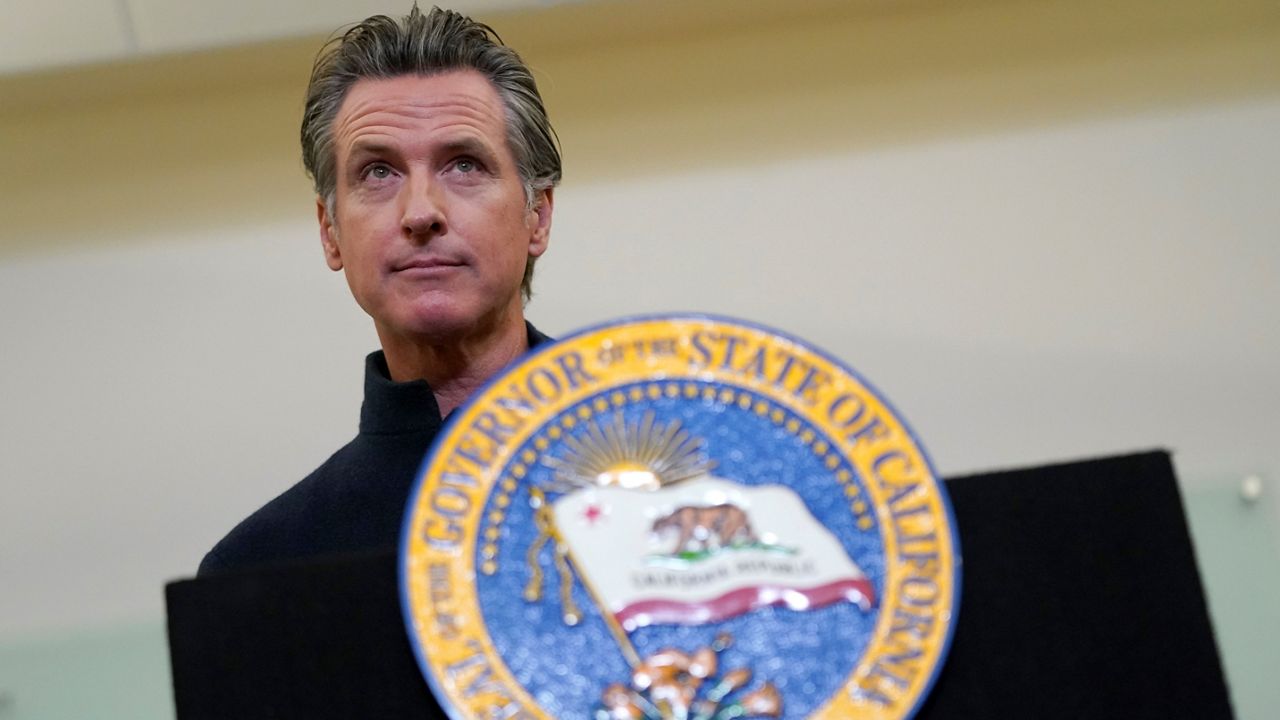SACRAMENTO, Calif. — Following the U.S. Supreme Court decision allowing Texas’ ban on most abortion services to remain in place, California will create a bill that would allow private citizens to seek injunctive relief and statutory damages against anyone who manufactures, distributes, or sells assault weapons or ghost gun kit or parts in the state.
In a statement, Gov. Gavin Newsom said:
“I have directed my staff to work with the Legislature and the Attorney General on a bill that would create a right of action allowing private citizens to seek injunctive relief, and statutory damages of at least $10,000 per violation plus costs and attorney’s fees, against anyone who manufactures, distributes, or sells an assault weapon or ghost gun kit or parts in the State of California. If the most efficient way to keep these devastating weapons off our streets is to add the threat of private lawsuits, we should do just that."
Friday's high court ruling on the Texas abortion law came a day after a state court judge in Texas ruled that the law’s enforcement, which rewards lawsuits against violators by awarding judgments of $10,000, is unconstitutional yet left the law in place.
Critics of the decision also said it would encourage other states to adopt copycat laws on abortion and allow for attacks on other constitutional rights.
The legal fight over the Texas law is focused on its unusual structure and whether it improperly limits how the law can be challenged in court. Texas lawmakers handed responsibility for enforcing the law to private citizens, rather than state officials.
The law authorizes lawsuits against clinics, doctors and others who perform or facilitate a banned abortion. The case raised a complex set of issues about who, if anyone, can sue over the law in federal court, the typical route for challenges to abortion restrictions. Indeed, federal courts routinely put a hold on similar laws, which rely on traditional enforcement by state and local authorities.
The Supreme Court voted Friday 8 to 1 in favor of allowing the clinics’ lawsuit against the ban to proceed, with only Justice Clarence Thomas voting the other way. But the court was sharply divided, 5-4, on the knotty issue of whom to target with a court order that ostensibly tries to block the law. The justices ruled that Texas licensing officials may be sued, but dismissed claims against state court judges, court clerks and the state attorney general.
The Associated Press contributed to this report.



